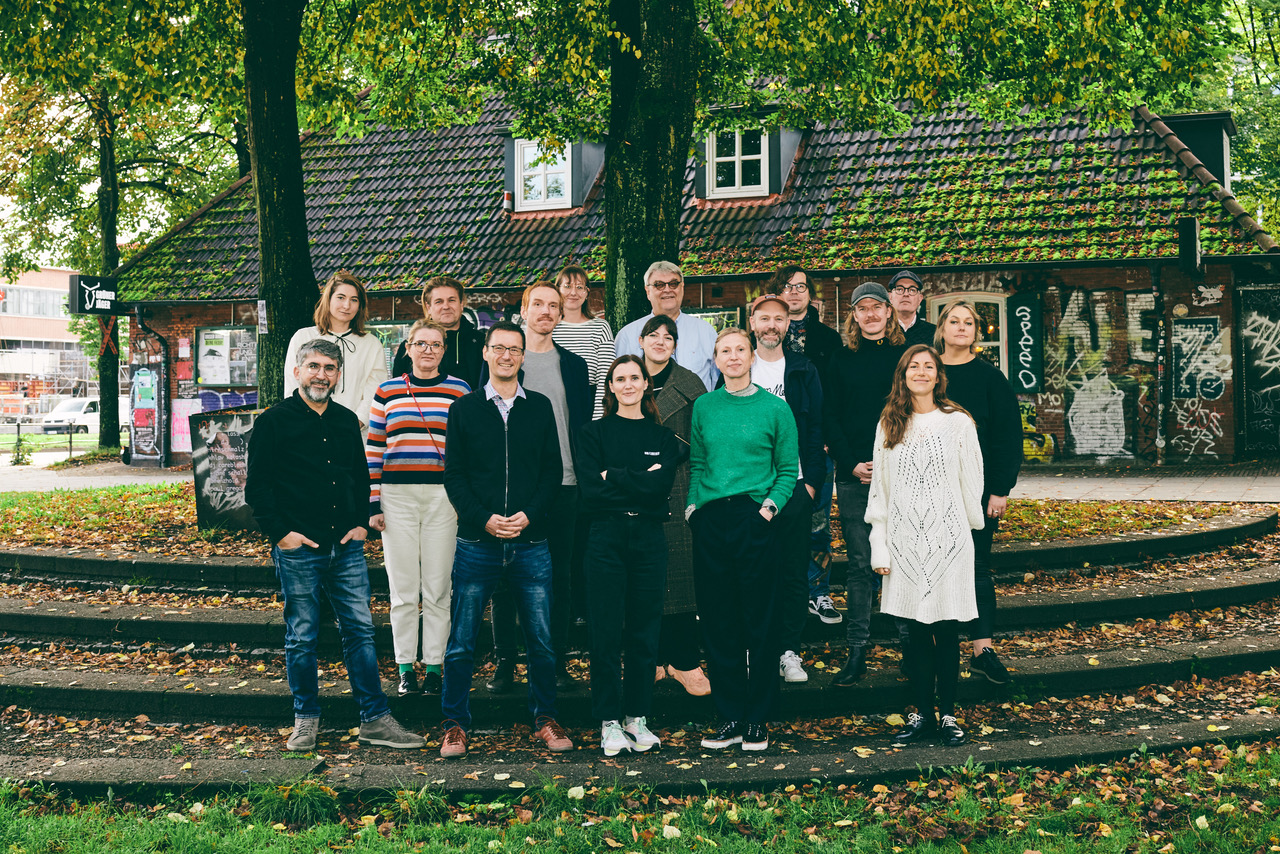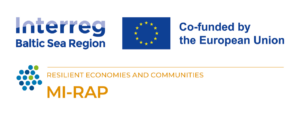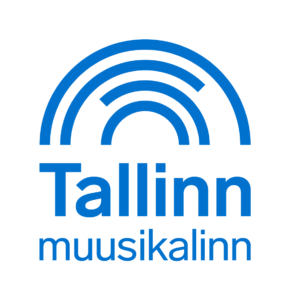News

Strengthening the Music Industry in the Baltic Sea Region: Transnational Project “MI-RAP” Launched on November 1st
In a bid to equip the music industry in the Baltic Sea region for present and future challenges, the industry association Hamburg Music has initiated the “Music Industry Resilience Acceleration Programme” (MI-RAP), which officially began on November 1st of this year. The objective of this three-year project is to enhance the resilience of the music sector.
Shortages of skilled workers, digitalization, and climate change are three major issues posing significant challenges to the global music industry. Within the MI-RAP project, tools and methodologies will be devised to address these challenges in a cross-border and sustainable manner. For this purpose, nine project partners from eight countries in the Baltic Sea region have come together: Norway, Sweden, Finland, Estonia, Latvia, Lithuania, Poland, and Germany.
The MI-RAP partners represent music markets at different stages of development, from historically strong networks like those in the Nordic countries to newer EU members in the Baltic region. By integrating various music ecosystems into MI-RAP, solutions for different local contexts are created. This strengthens long-term networks and promotes collaboration, aiming to boost the economic strength of the regions. A fortified and collaborative music market in the Baltic Sea region not only emphasizes the significance and influence of the entire area in the international music business but also enhances Hamburg’s role as a key player and link between these markets.
Initially, over the coming months, methods, tools, and guidelines will be jointly developed, which will subsequently be applied and tested in individual cities. In the third year, the accrued knowledge will be made available to other interested cities, administrations, associations, and institutions.
The project has a total volume of 2.6 million euros and is supported by the Interreg Baltic Sea Region Program and co-financed by the European Union. Hamburg Music took the lead in developing the program and is the lead partner.
Timotheus Wiesmann, Managing Director of Hamburg Music Business: “In this era marked by rapid changes, it is essential for our industry to collaboratively devise and implement solutions on an international scale. The MI-RAP project will assist all stakeholders in the Baltic Sea region to future-proof their music industry ecosystems and to sustainably strengthen international collaboration in this area.”
Fabian Baßenhoff, MI-RAP Project Lead at Hamburg Music Business: “Through transnational collaboration under MI-RAP, we can not only learn from each other but also jointly develop stronger and more sustainable strategies for the music industry. Our vision is for the Baltic Sea region to emerge as a shining example of resilience and innovation in the music sector.”
Music Estonia is a project partner from Estonia, and UNESCO Music City Tallinn is one of the project supporters, as the program focuses on cooperation among cities along the Baltic Sea. Ave Tölpt, the Director of Music Estonia, emphasizes the opportune moment for collaboration among the Nordic-Baltic countries: “The Interreg project provides us with a unique opportunity to strengthen the entire Baltic Sea region and collaborate with new partners. For example, Finland is involved with the Open Creative House, which, in addition to extensive studio and business spaces, develops innovation clusters for Finnish creative entrepreneurs up to the Polish city of Bydgoszcz, recently honored with the UNESCO Music City title. As we increasingly focus on Baltic cooperation in our international plans, it is crucial that our close neighbours are represented in the project, allowing us to foster greater collaboration in the development of the music industry.”
“Estonia’s role is to lead the first thematic block of the project, aimed at creating methodology, guidelines, and practical tools to alleviate the shortage of qualified workers and resources in the music industry. The goal is to address the issue at the local government, business, education, innovation, and culture organization levels, offering a collaboratively created ‘Mitigation Program’ with various educational and internship programs, useful resource collections, informational materials, inclusion strategies, and more. The objective is for each participating city in the project to implement this program in its local context in collaboration with the public sector and sector-specific organizations.
In addition, we actively participate in the second thematic block – ‘Strategies for Innovative Music Cities and Networking’ – and pilot the convergence of the music and technology sectors through hackatons and incubator programs. We see untapped potential for collaboration between the Estonian music industry and the technology sector, which should be further encouraged. Given that rapid technological development is one of the major influencers in the music industry, it is crucial to create a platform and incubator for inter-sectoral collaboration and innovative business ideas,” says project manager Marili Randla.
The project manager on the side of Music Estonia is Marili Randla. The project partners are: Hamburg Music Business (Germany, lead partner), Leuphana University Lüneburg (Germany), MØST (Norway), Gothenburg & Co (Sweden), Open Creative House (Finland), Music Estonia (Estonia), Latvian Music Export Office (Latvia), Lithuanian Academy of Music and Theatre, Music Innovations Study Centre (Lithuania), and Municipal Center for Culture in Bydgoszcz (Poland).

